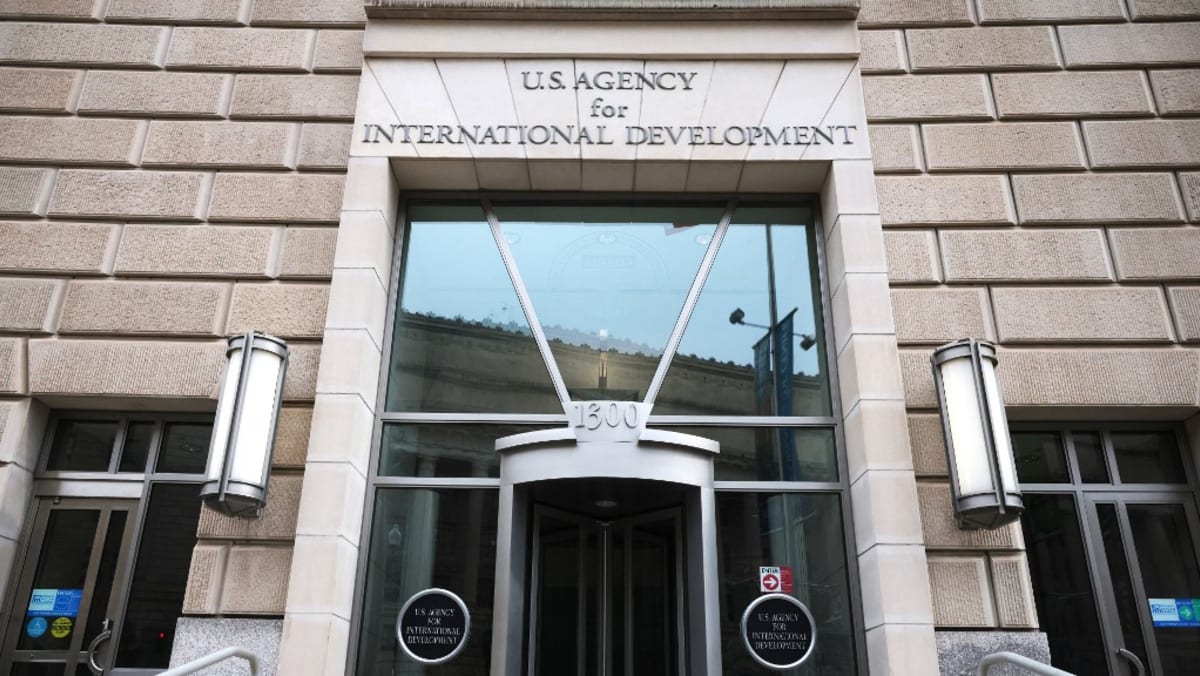Syrians in Malaysia - which hosts the largest number of refugees and asylum-seekers from the Middle Eastern country in Southeast Asia - fear that instability and the rise of new authoritarian regimes might mean that they cannot return home just yet.
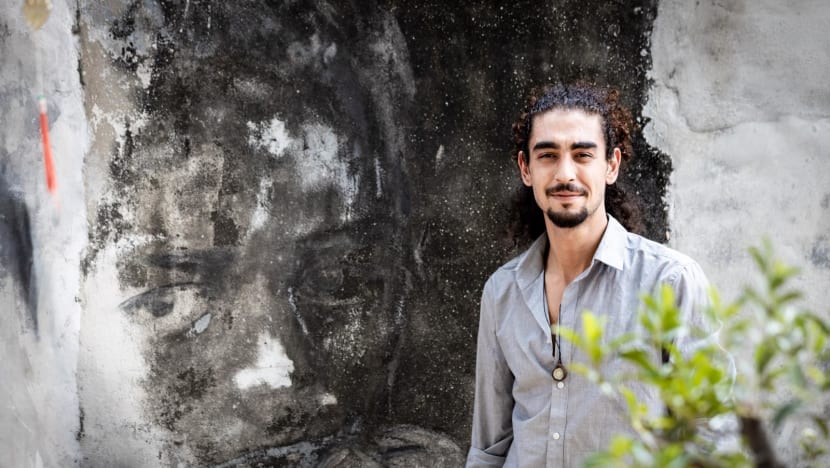
Syrian refugee Adnan Hadad fled his homeland in 2017 and now resides in the Malaysian state of Penang. (Photo: Adnan Hadad)
New: You can now listen to articles.

This audio is generated by an AI tool.
KUALA LUMPUR: When Syrian refugee Somar Hukaima learnt about the fall of Bashar al-Assad’s regime earlier this month, he had mixed feelings.
While Somar was pleased that the country’s former president had been ousted by rebel forces, he could not shake off worries about who might succeed a leader accused of tyrannical rule for more than two decades.
“In my mind, I am worried about who would rule Syria. Would it be better or worse? I am worried about the future of my country. It is still in a complete mess now,” he told CNA in an interview.
The 34-year-old musician from the city of Suwayda in the south of Syria has been living in Malaysia since 2017.
Somar is one of 2,680 Syrian refugees and asylum-seekers registered in Malaysia as of November this year, according to the United Nations High Commissioner for Refugees (UNHCR).
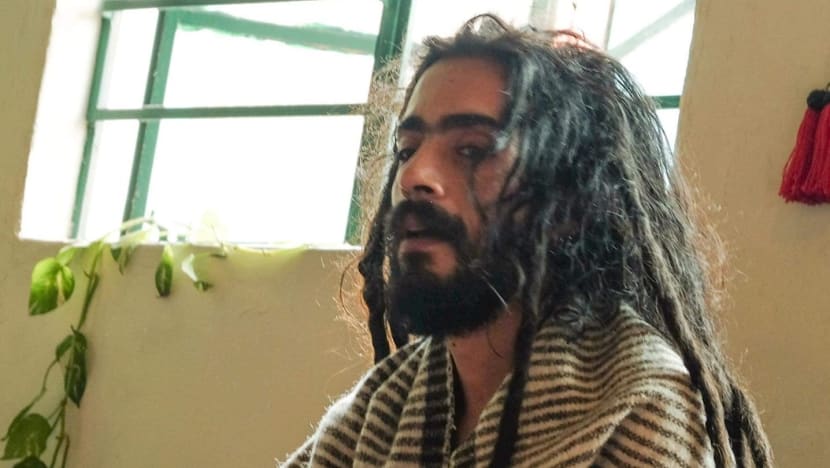 Somar Hukaima, 34, is a refugee from Syria currently living in Malaysia. (Photo: Somar Hukaima)
Somar Hukaima, 34, is a refugee from Syria currently living in Malaysia. (Photo: Somar Hukaima)
The fall of Assad's regime in Syria has sparked mixed emotions among the millions of Syrian refugees scattered across the globe.
For those residing in Malaysia, the news has similarly brought both hope and uncertainty. While many rejoiced at the end of the oppressive regime, concerns about the future of their homeland persist.
NOT TIME TO GO HOME YET
Syrian rebels seized control of the capital Damascus on Dec 8, forcing Assad to flee to Russia after more than 13 years of civil war, which claimed over 580,000 lives and displaced 12 million others and led to the rise of the Islamic State terror group.
The Islamist group Hayat Tahrir al-Sham (HTS), known for its roots in Al-Qaeda's Syria branch, had led the offensive that resulted in Assad’s downfall.
The United Nations (UN) Security Council as well as many countries have designated the HTS as a terrorist group although its leader Ahmed al-Sharaa - who is also now considered the de facto leader of Syria - has been saying that their jihadi past is behind them.
Meanwhile, the United States’ top diplomat for the Middle East Barbara Leaf was reported to have said on Dec 20 that it was scrapping a US$10 million bounty for Ahmed’s arrest, and welcomed "positive messages" from their talks - including a promise to fight terrorism.
Somar, the refugee living in Malaysia, however, does not believe that the time is right for him to return to his homeland yet, pointing to concerns about the group’s leanings.
“I am scared that Syria might move from the hands of a dictatorship to one that is jihadist, which might be worse … It’s the calm before the big storm,” said Somar, who is an artist, and fled Syria due to the ongoing civil war then.
The process of becoming refugees in Malaysia
While most Syrian refugees - which number in their millions all around the world - are concentrated across Europe and Middle Eastern countries, Malaysia plays host to a small number of them.
Malaysia has almost 200,000 refugees and asylum-seekers, with the majority from Myanmar. Syrians make up just about 1.4 per cent of them.
But in the Southeast Asian region, Malaysia has the highest number of Syrian refugees.
In 2015, the then prime minister Najib Razak told the UN General Assembly in New York that Malaysia would welcome 3,000 Syrian refugees into the country over a period of three years.
When someone crosses an international border seeking safety, they often need to apply to be legally recognised as a refugee, which in Malaysia’s case is indicated by the possession of a UNHCR card.
Those who want to seek asylum in the country typically arrive on social visit passes though there are some who enter Malaysia illegally.
Asylum-seekers are those who intend to request for international protection, or are awaiting a decision on this request. Not every asylum-seeker will ultimately be recognised as a refugee.
According to Refugee Malaysia - an information website for refugees and asylum-seekers in Malaysia - those who want to register with UNHCR Malaysia will need to submit a new registration form on its website.
They will then be contacted by UNHCR Malaysia with an appointment date at the UNHCR Reception Centre where they will be interviewed by staff members.
Information on the Refugee Malaysia site is officially provided by UNHCR Malaysia as a service to refugees and asylum-seekers in Malaysia.
Malaysia is not a signatory to the 1951 UN Refugee Convention and its related 1967 protocol, meaning refugees cannot work legally and are considered undocumented or illegal migrants under the Immigration Act. Many of them however work in the informal sectors.
The Malaysian government does however issue temporary work permits - also known as IMM13 - to Syrian refugees, allowing them to work.
Collapse Expand
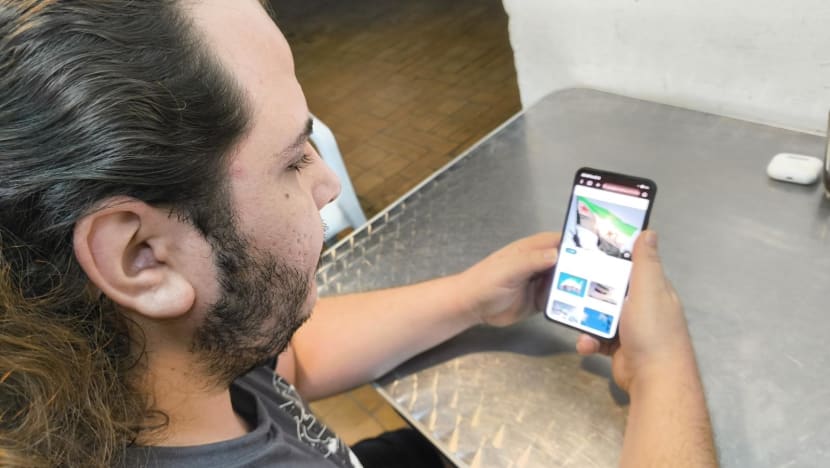 A Syrian refugee who only wanted to be known as Ammar longs to return to his homeland to see his family. (Photo: CNA/Rashvinjeet S Bedi)
A Syrian refugee who only wanted to be known as Ammar longs to return to his homeland to see his family. (Photo: CNA/Rashvinjeet S Bedi)
Meanwhile, another Syrian refugee who only wanted to be known as Ammar also expressed his joy at Assad's ouster.
“He killed countless numbers of people, forcing many to flee the country including me,” the 29-year-old told CNA, as he showed this reporter photos and videos of Syrians in Kuala Lumpur celebrating at its embassy the fall of Assad’s regime.
Also observed in the media shared were people stepping on images of Assad that were laid on the ground.
A check at the embassy in mid-December saw a much quieter and calmer situation, although there was a mobile police station outside.
According to the Human Rights’ Watch, the Syrian government under Assad committed countless atrocities and other abuses, including systematic arbitrary arrests, torture, enforced disappearances, use of chemical weapons, as well as indiscriminate and targeted attacks against civilians.
The UN has said in the past that government officials - including Assad - had authorised war crimes and human rights abuses.
In November 2023, the International Court of Justice ordered the Syrian government to take all measures within its power to prevent acts of torture and other cruel, inhumane or degrading treatment or punishment.
Ammar said he had left Syria in 2012 to avoid mandatory military conscription and is still afraid that he might be punished for his decision not to enlist with the army.
In Syria, military service is mandatory for a period of between 18 and 21 months. But conscripts were forced to serve for much longer as a result of the civil war in the country.
Arriving alone in Malaysia back in 2012 as a teenager, Ammar said he had to survive on just one meal a day as he hardly knew anyone.
He eventually found his way around, and even worked at a restaurant on the resort island of Langkawi for a few years before the COVID-19 pandemic forced him to go back to Kuala Lumpur.
“You can see the people are happy now. For far too long, (Syrians) have been crying. Of course it isn’t 100 per cent now, only about 30 per cent. I want to return one day, but not yet,' said Ammar.
“IT’S NOT GOING TO BE ANY WORSE”
Similarly Adnan Hadad, 29, who hails from Damascus but now resides in Penang, told CNA that he fled Syria in 2017 as it was time for him to serve the army, something that his brother was forced to do.
Adnan recounted that his brother had tried to evade military service but was put in prison and later placed on the frontlines.
Bribes had to be paid to the army later on so that his brother could avoid fighting, Adnan claimed, further adding that his taxi driver grandfather was also shot dead in a separate incident for unknowingly entering a road used by Assad’s army.
“I was really happy the day the regime fell, and I couldn’t sleep all night just watching the news. The mob had been running the country for 53 years, and we are extremely happy to get rid of them,” he said, referring to Assad and his family.
Hafez al-Assad - who is Assad’s father - had seized power in 1971 via a military coup, and was the president of the country until his death in 2000. Assad then took over his father’s place.
Adnan said that during his seven years in Malaysia thus far, he had time to reflect on everything that happened, and now wants to study psychology so that he can help rebuild his country in the future.
“Whatever that is going to happen, it’s not going to be any worse than it has been, after their brutal ways of ruling the people,” he said, adding that while he believed that the new rulers might not be ideal, the public would not allow the country’s painful past to repeat itself.
Adnan - who is working as a perfumer in Penang - said that he is planning to visit Syria in March when his work commitments are lighter.
“I would like to spend a few months back home at least. I don’t care about politics, as long as I have the freedom to express what I want and say what I think without the fear of being arrested.
“In Syria, we have a saying that the walls have ears and people have been brainwashed not to speak against the government. Even now, people are afraid to speak up,” he said.
Somar, meanwhile, said that his family are just simple people who want a peaceful life and hope for a leader who is able to rule just and fairly.
He experienced war for about six years, and recalled times when he could not step out of the house because of bombs and fighting that happened everywhere.
“Hopefully the people of Syria will finally come to a time where they'll use love language instead of weapons,” he said.
“I would like to go home, if it’s safe and I can get a good life. All I seek is hope, the most important driver for any human being.”
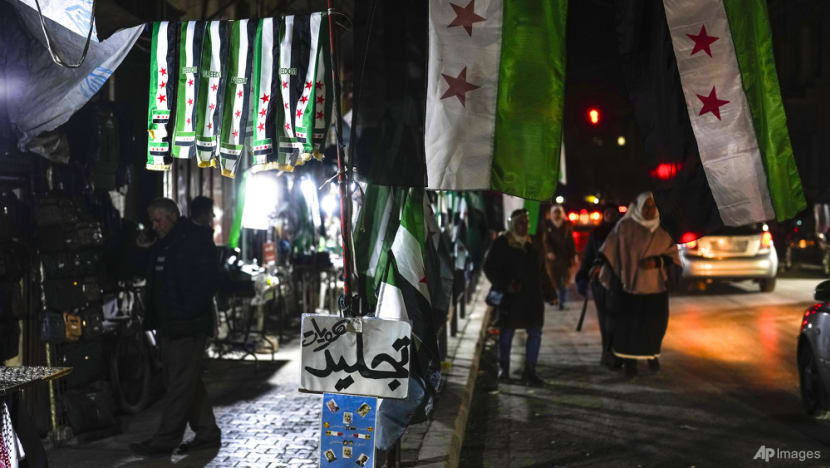 People walk next to "revolutionary" Syrian flags in Aleppo, Syria on Dec 14, 2024. (Photo: AP/Khalil Hamra)
People walk next to "revolutionary" Syrian flags in Aleppo, Syria on Dec 14, 2024. (Photo: AP/Khalil Hamra)
REPATRIATION "WILL TAKE TIME"
According to Refugee Malaysia’s website, refugees can leave the country through voluntary repatriation, although they would have to inform UNHCR first.
The UNHCR would then arrange for a counselling session to make sure the refugees have made an informed decision to return to their homeland.
In a position paper published this month after Assad’s fall, UNHCR said that in view of the many challenges facing Syria’s population, it was not promoting large-scale voluntary repatriation back to Syria.
Separately, Rema Jamous Imseis - who is UNHCR director for the Middle East and North Africa - said on Dec 17 that the regime change in Syria does not mean the humanitarian crisis there has ended.
“Syrians inside and outside the country still need protection and support.”
She added: “It is important to maintain protection for those who have already found refuge in host countries and that they are not forced to return to Syria. Any refugee returns must be voluntary, safe and dignified.”
M. Ramachelvam, chairman of the Malaysian Bar Council Committee on Migrants and Refugees, said that the situation in Syria is still fluid and that the refugees in the country should not be forced to go back home just yet, echoing UNHCR.
“What we have is a situation where the old regime is gone but as far as the new government is concerned, there is no clarity yet. It remains to be seen if the country will descend into civil chaos again,” he told CNA.
Ramachelvam added that while there would be those who would want to go back to their homeland, the Malaysian government could not forcefully repatriate those who still wanted to remain in Malaysia.
“We cannot forcefully repatriate the rest until there is more clarity. That will take time. Even repatriation must be done in an orderly fashion with the agreement of the countries and the individuals concerned. You need to get their informed consent,” he said.
CNA has reached out to the Syrian embassy in Kuala Lumpur for its comments on what it is doing to help its citizens who want to return home.
Meanwhile, Ammar - who has been away from Syria for 12 years - said that while Malaysia has been good to him and was where he met his first love and where he learnt to drive among other milestones, he still pines for home.
“I want to go back. My sister was a baby when I left. Now she is studying and can even tell me when an M16 (rifle) or any other weapon is being fired just by listening to the sounds of gunfire.
“I need to go back to know my country and see my family. I can’t be at peace until then,” he said.


.jpg?itok=8vQxiINi)

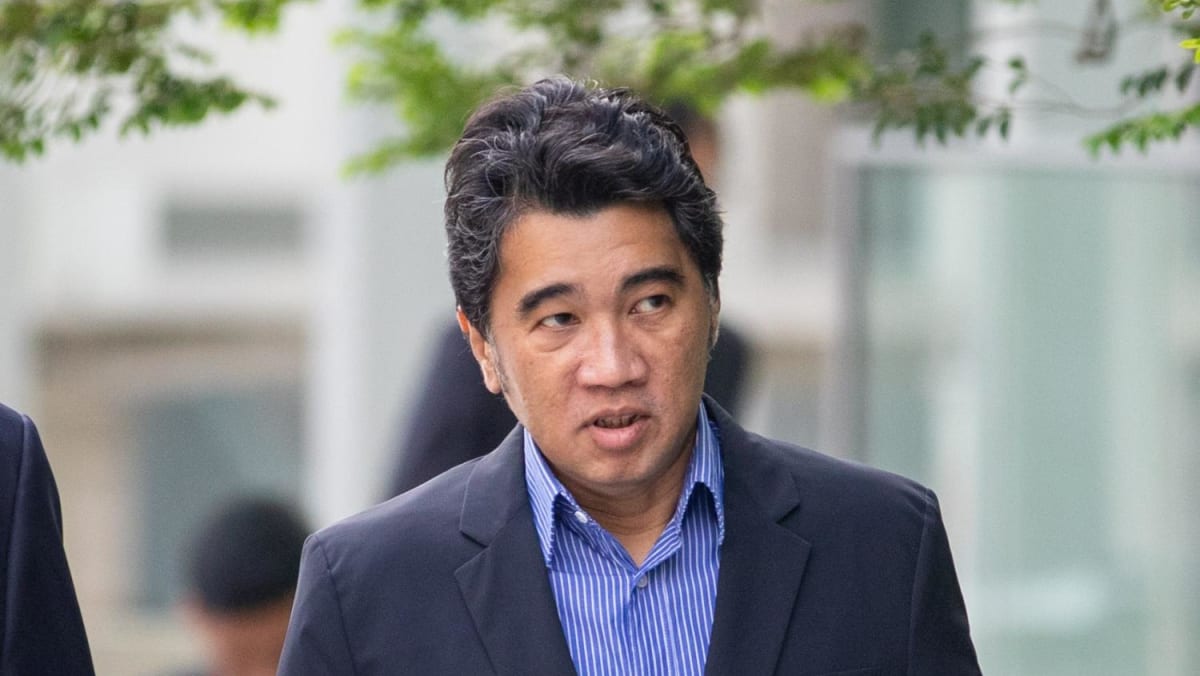
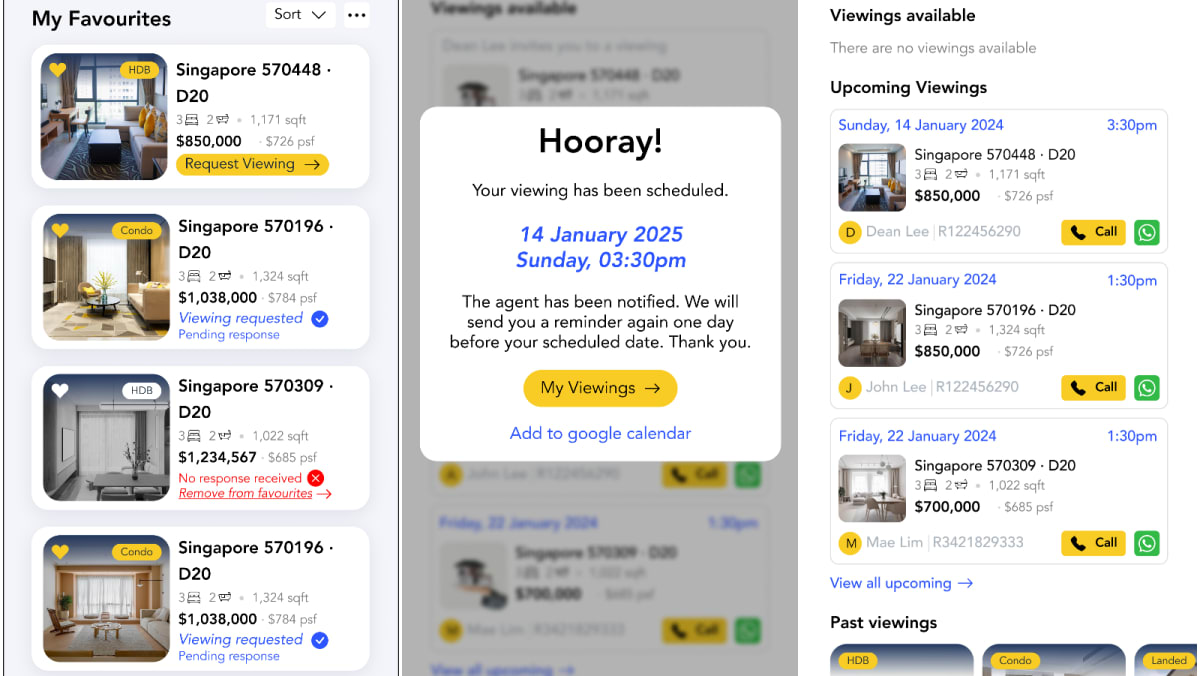


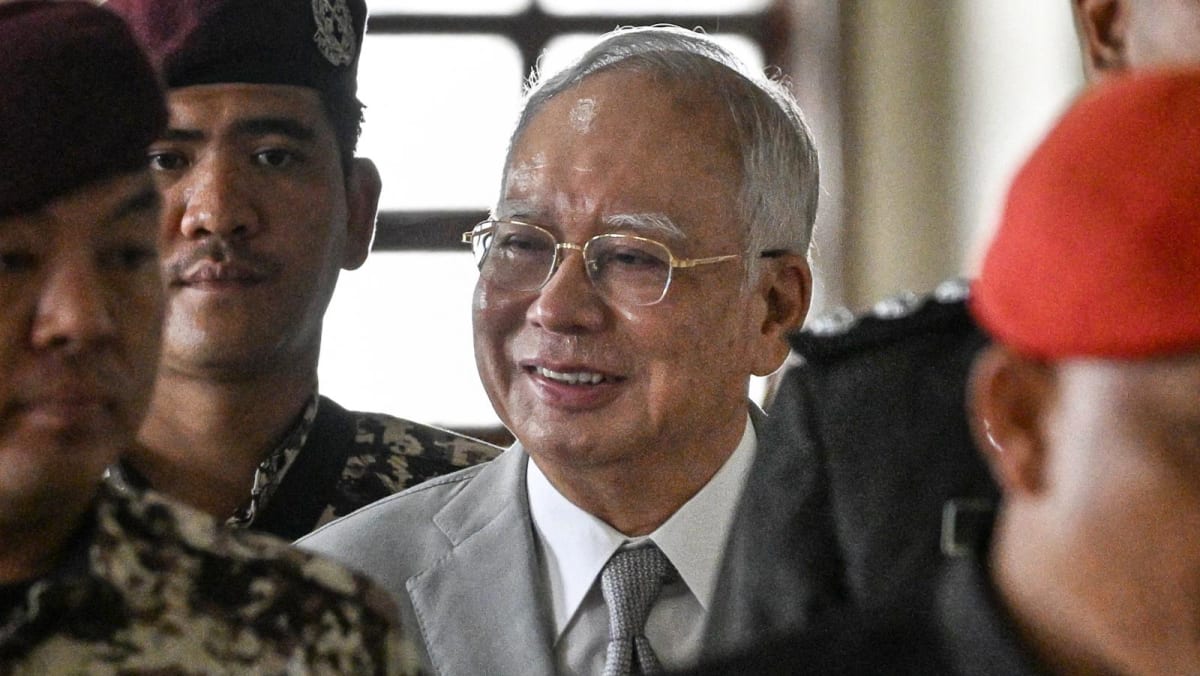

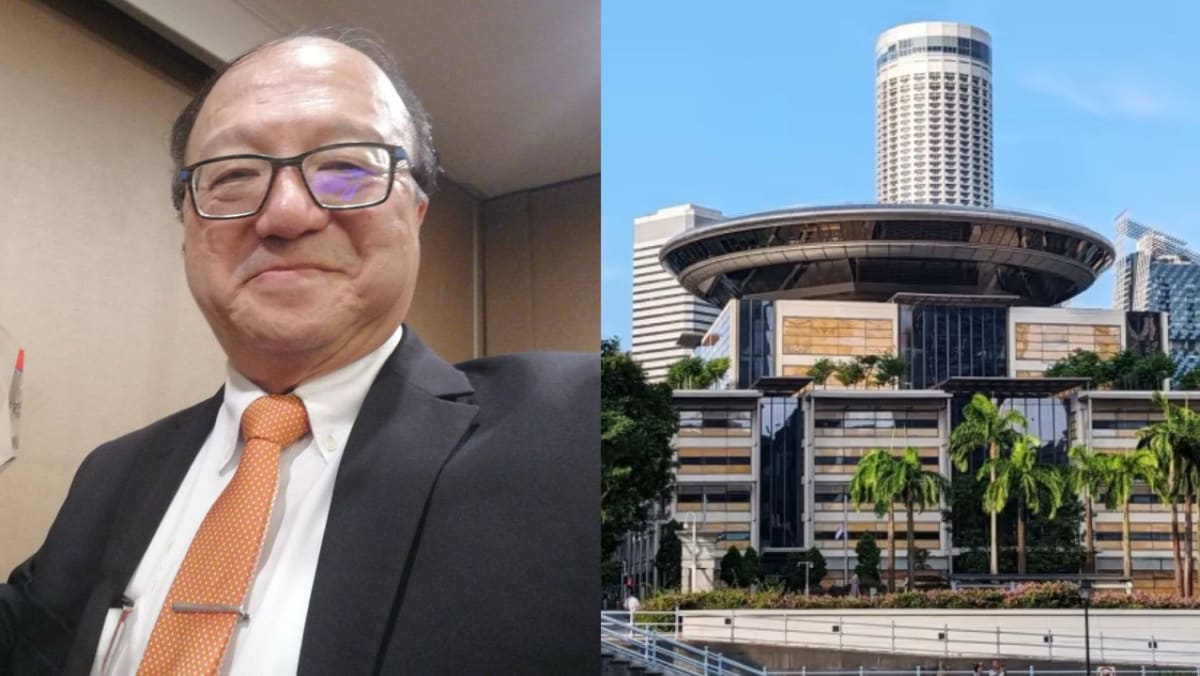

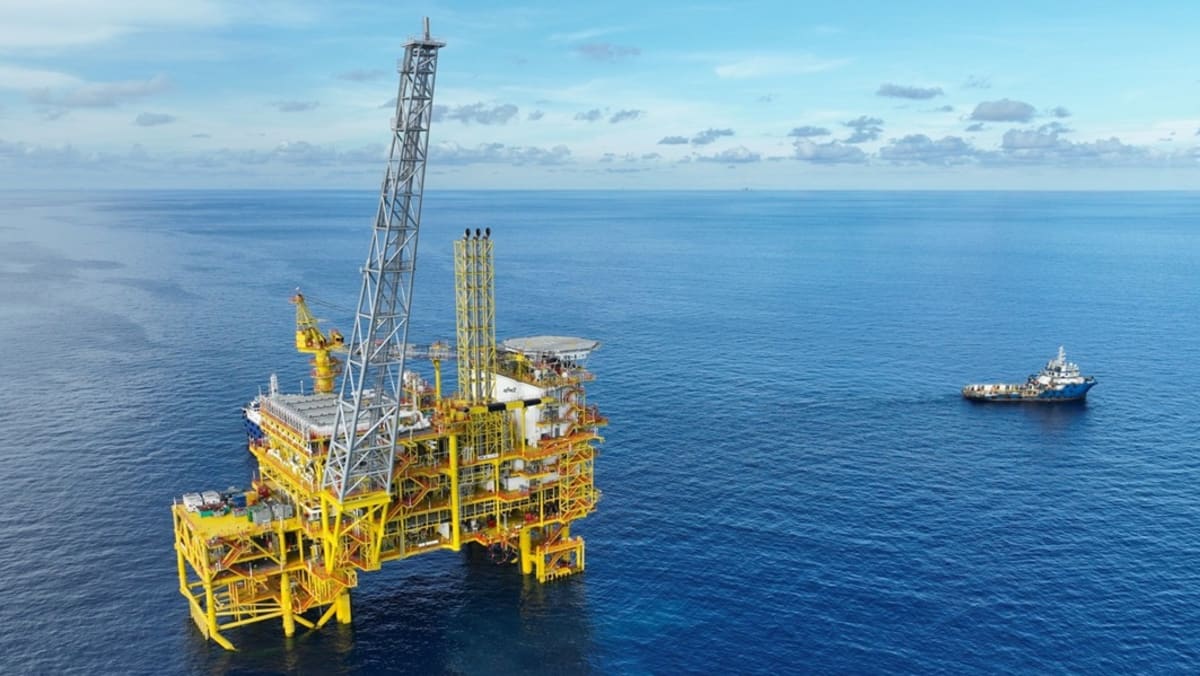
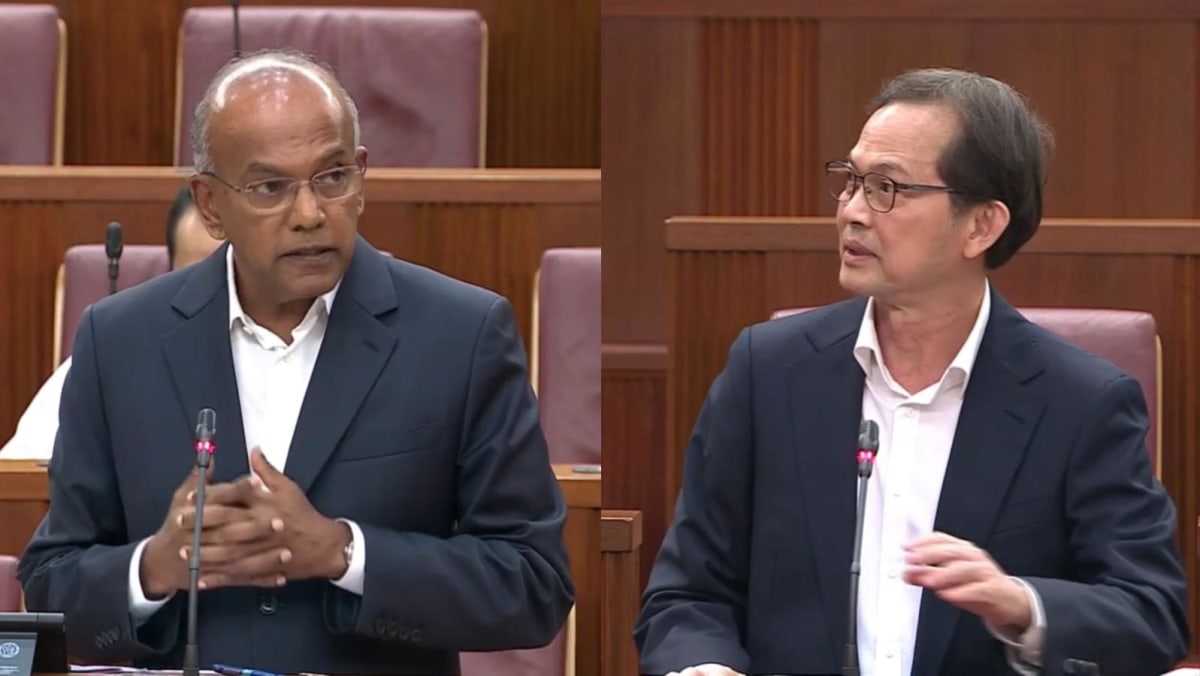
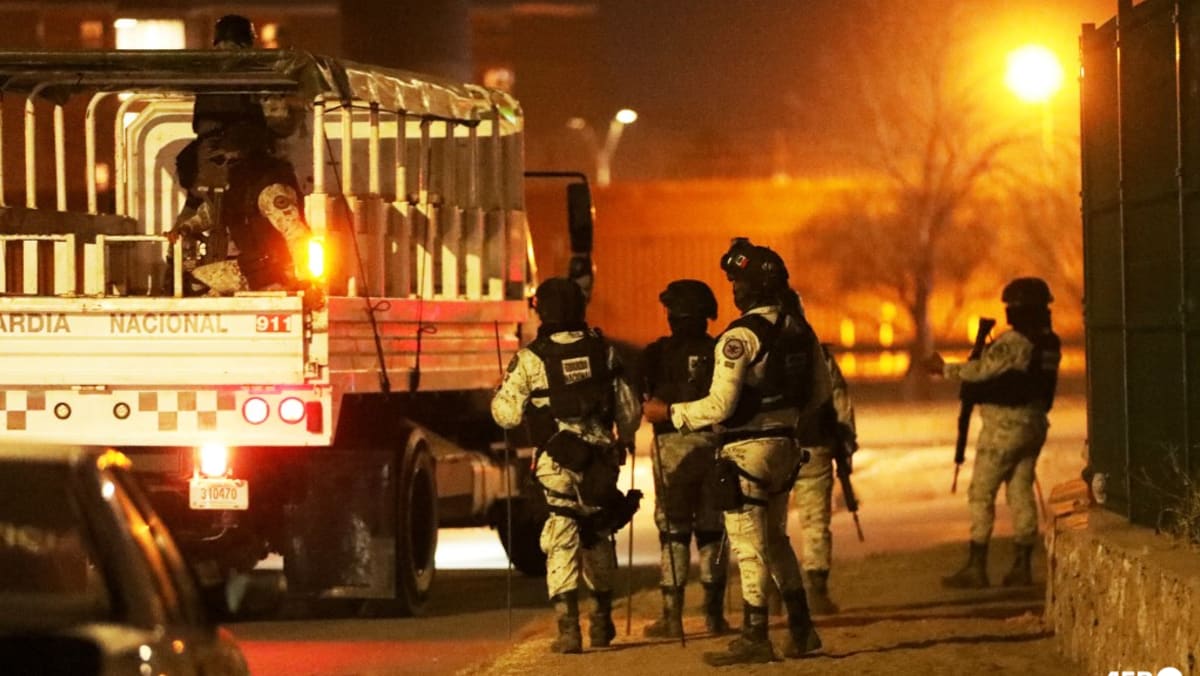
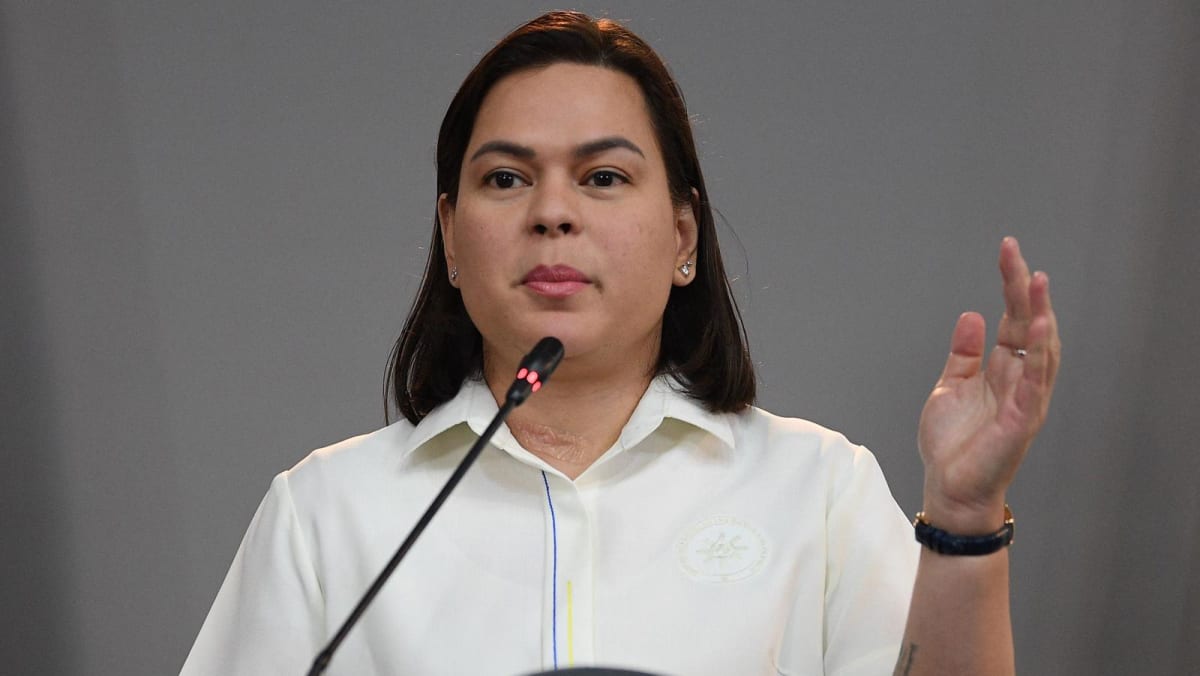
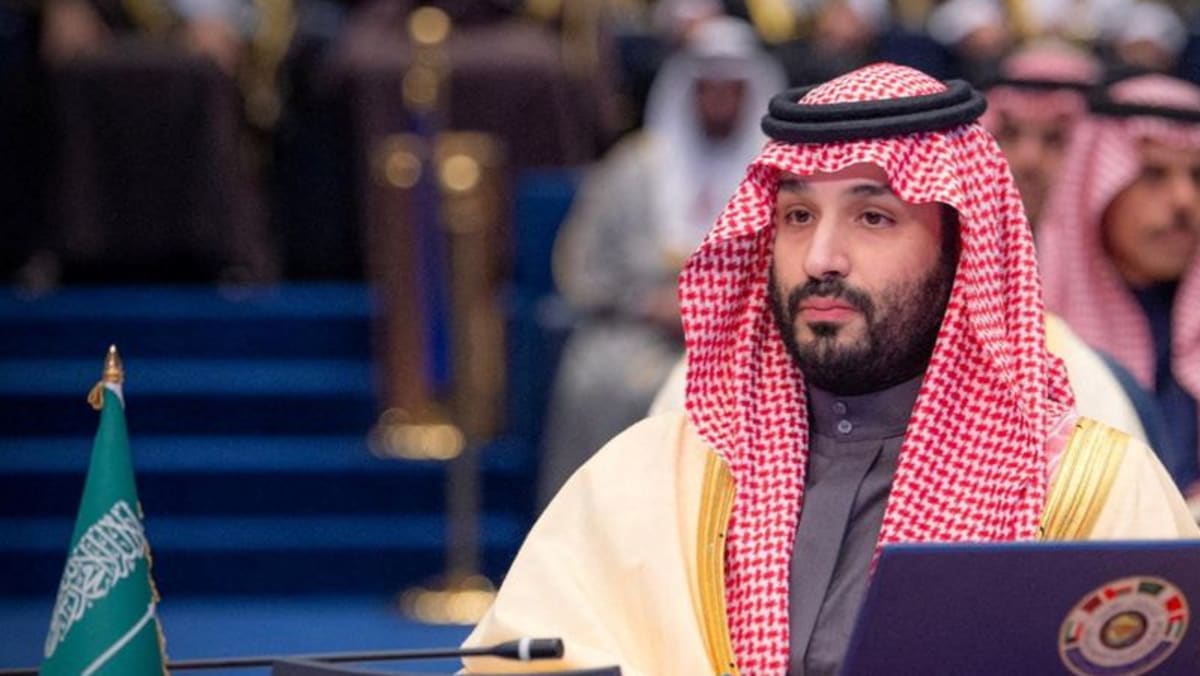
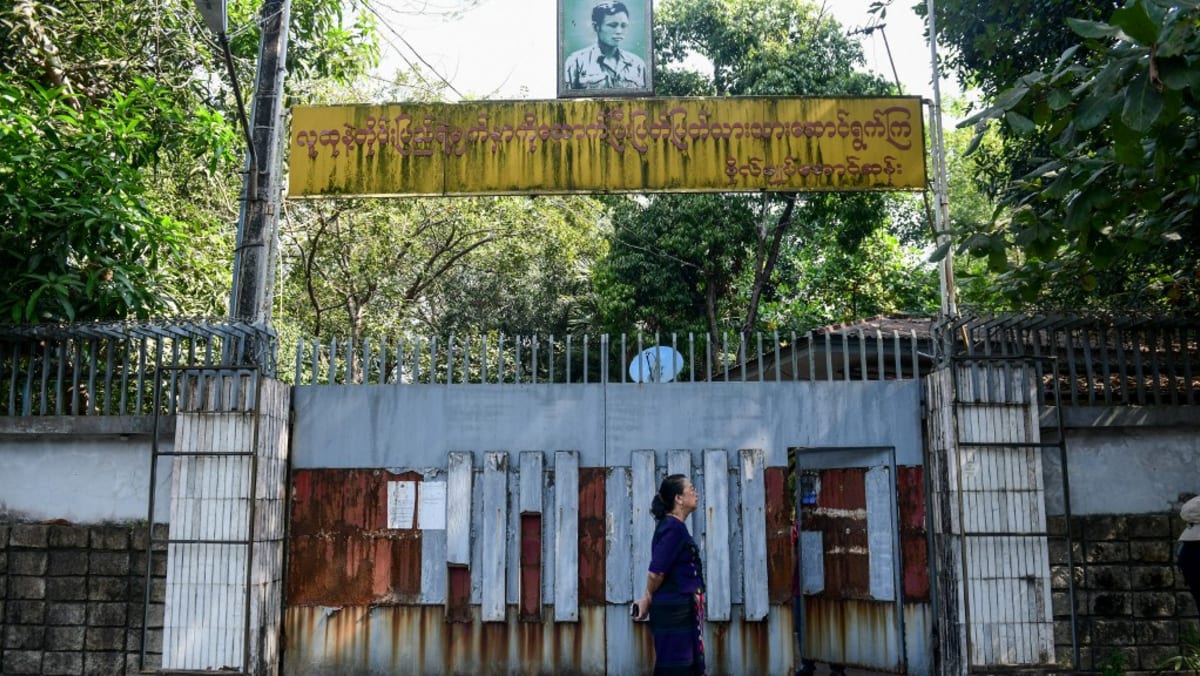
.jpg?itok=HVcXoYme)

